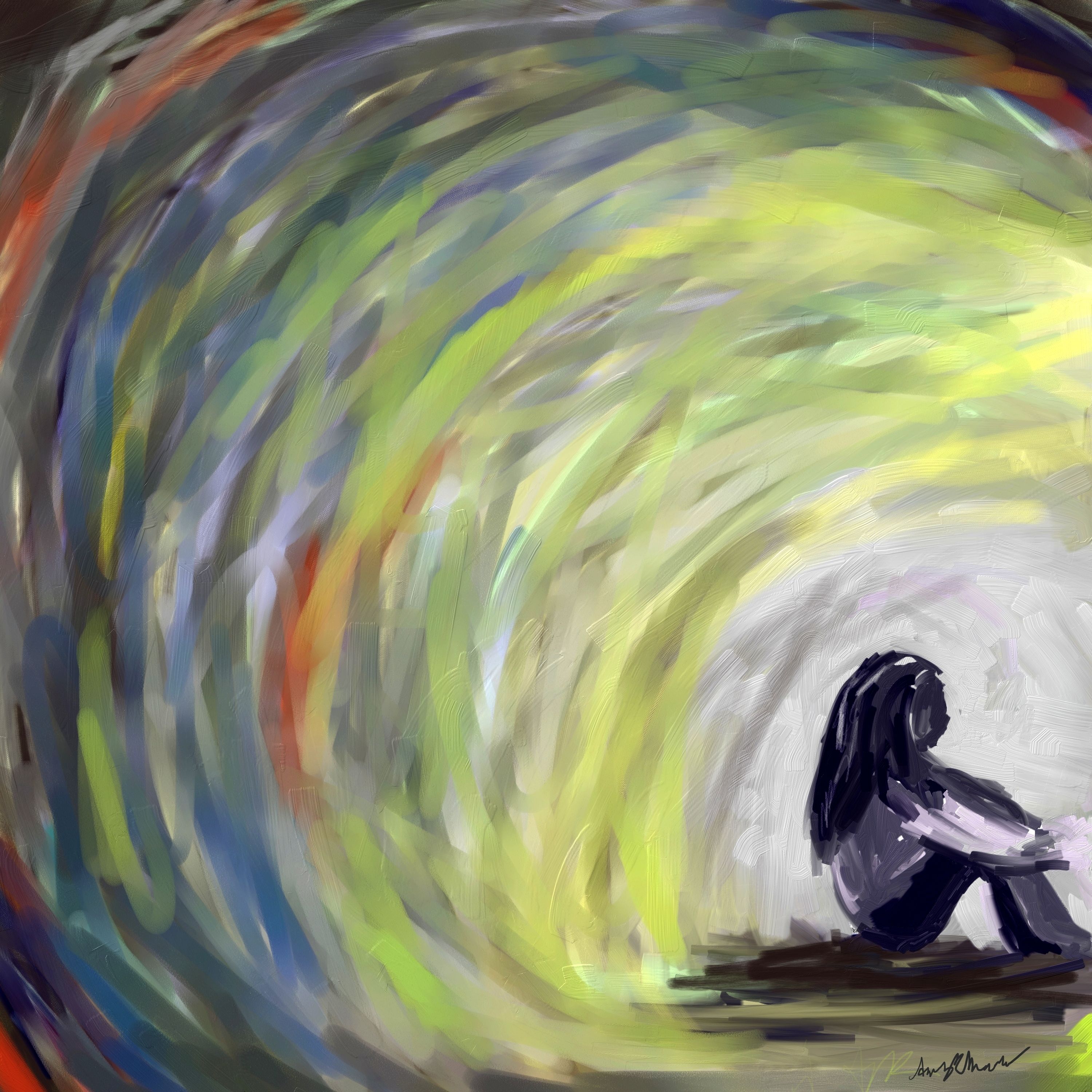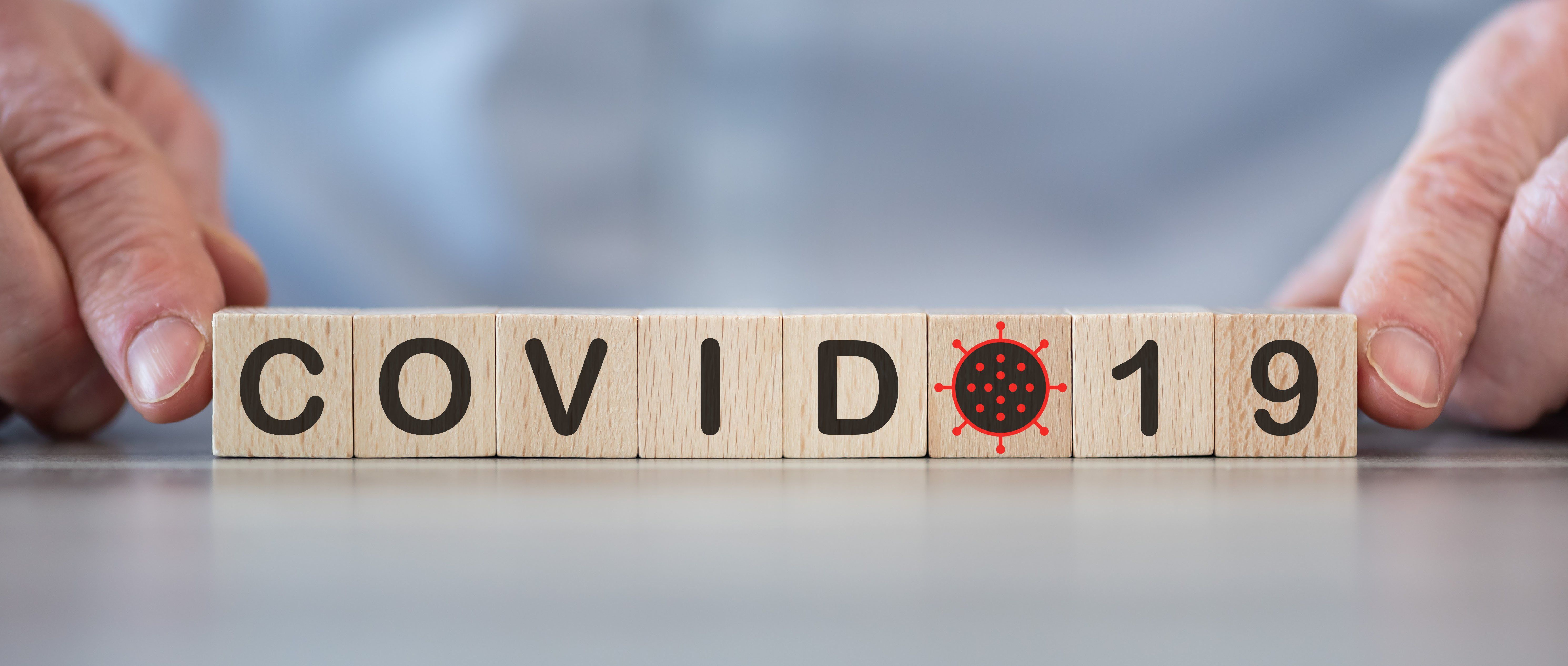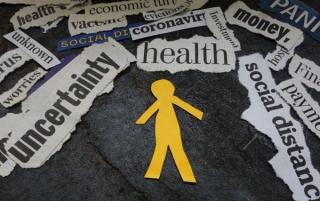
COVID-19
Latest News
Latest Videos

CME Content
More News

One doctor shares 3 interconnected pieces relating to the 3 Ps: prose, poetry, and prayer.

An immunosuppressed clinician realizes that limits does not mean that you are limited.

How has the COVID-19 pandemic affected the way young adults use substances like vaping, alcohol, and marijuana?
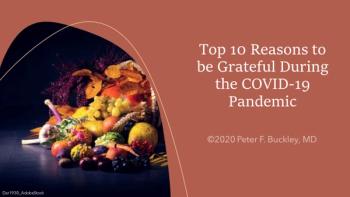
As the countdown to the new year slowly dwindles down, remember the things you can be thankful for in 2020, as hard as it may have been.
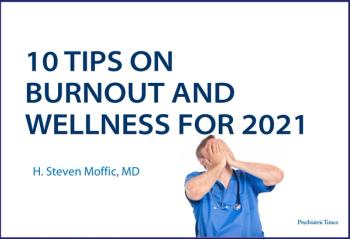
How is burnout affecting mental health workers during the pandemic? How will this affect the upcoming year?

The pandemic's effect on the mental health and addiction communities has been severe. Luckily, there's a temporary solution: telemedicine.
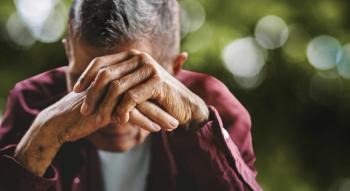
Telehealth poses challenges for patients, clinicians, families, and caregivers.
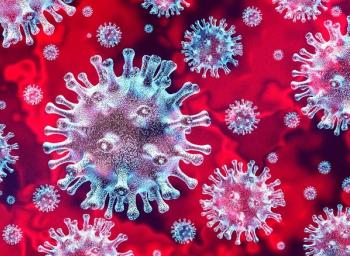
Fluvoxamine was not intended as a COVID-19 medication, but a recent study suggests it may help prevent serious complications for patients with COVID-19.
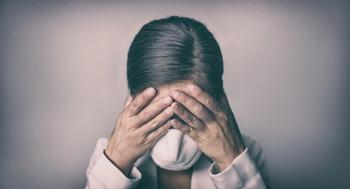
Learning from past disasters, psychiatrists are taking center staet in helping patients, family members, first responders, and other health care professionals affected by the COVID-19 pandemic.

COVID-19 and remote work has redefined the professional experience. How can you reshape your routines around it to achieve a sense of normalcy?
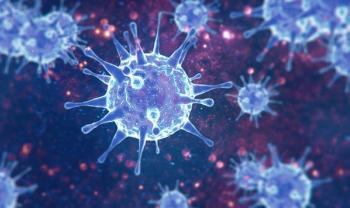
Some words of advice on coronavirus: "God grant me the serenity to accept what I cannot change, the courage to change what I can, and the wisdom to tell the difference between the 2..."
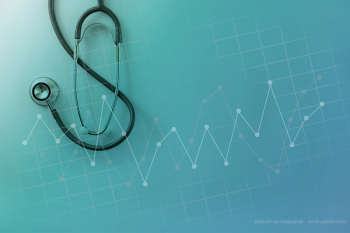
Exercise can be a useful tool in managing symptoms of anxiety and depression. Learn how you can integrate exercise prescriptions into your treatment plans.
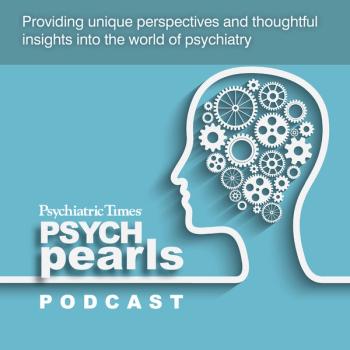
The unique opportunities for clinicians in identifying risk and preventing suicide are discussed in this podcast.

There is an increase in reports of domestic violence. How can you resolve domestic disharmony with your significant other and your family unit as a whole?

COVID-19 may lead to changes in personality and behavior, which require treatment across the continuum of care.
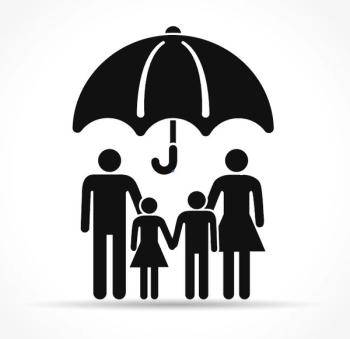
Times are hard but they are easier if we get through them together. Omar Reda, MD, provides activities and insight on ways to actively care for yourself and your family.

While COVID-19 has certainly caused a physical health pandemic, it is taking a heavy toll on mental health too, to the point that strategic action is clearly needed.

In the early days of the pandemic, there was debate about whether clinical services for patients with psychiatric illness were “essential.” The evolution of psychiatric consultation-liaison services to medically hospitalized patients was no less complex.

How can clinicians help patients struggling with addiction, especially during this time when uncovering past traumas might feel impractical?
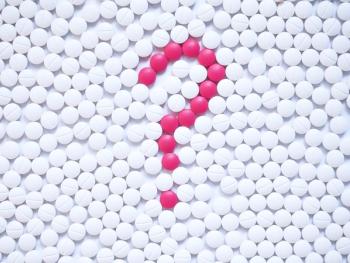
Drug-drug interactions are complicating COVID-19 treatment. Read what you need to know to keep yourself and your patients safe before and during COVID infection.

Issues of well-being, especially during a disaster or pandemic, are not going to disappear. Dr Cross Hansel talks suicide prevention week and how to get patients back to their pre-pandemic mental health state.
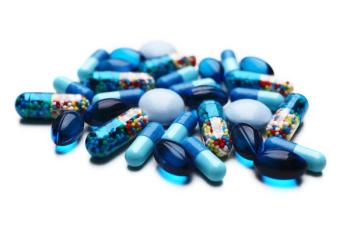
Dr Miller offers advice on making sure you have enough medication when self-isolating.
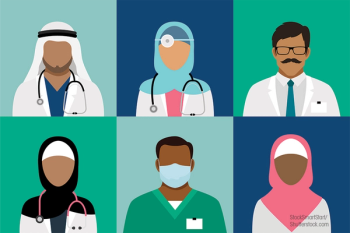
We have learned that in order to provide much-needed social support during difficult times, organizations should prepare to take certain steps.

We can make treatment work during this pandemic, no matter how or where, even if it is from the bathtub with the door locked. Listen as Dr Turban talks more.

COVID-19 is the most devastating pandemic in recent history, and it has taken a huge toll. Here are some tips to take into consideration when advocating for your safety and the safety of your patients.

